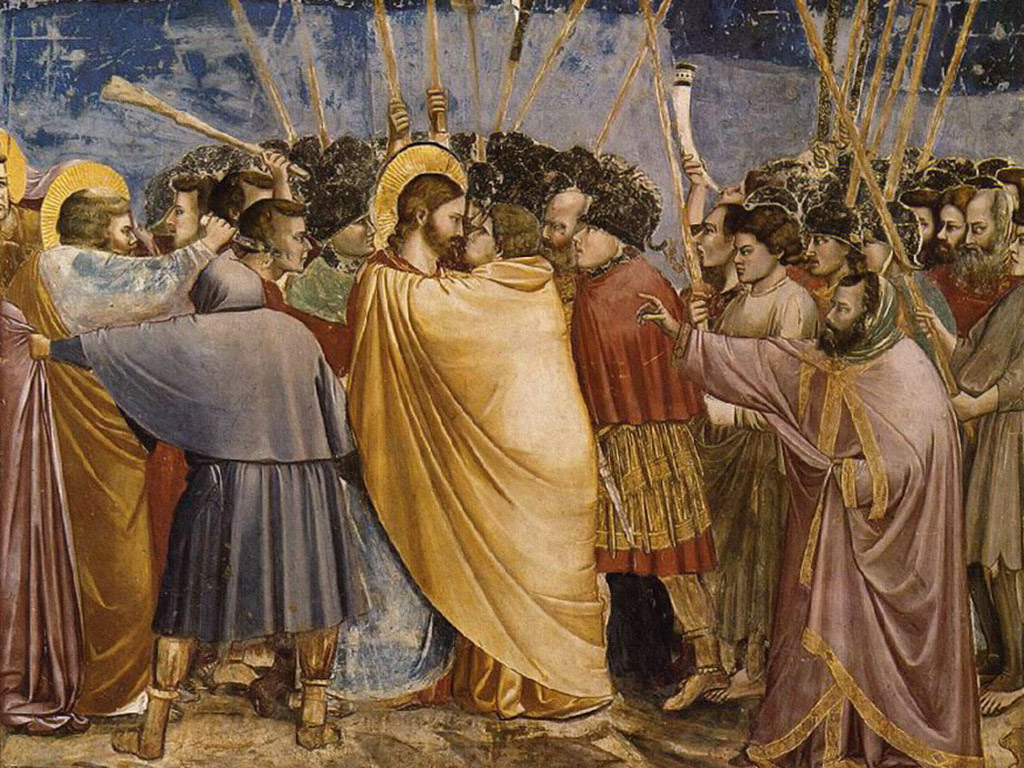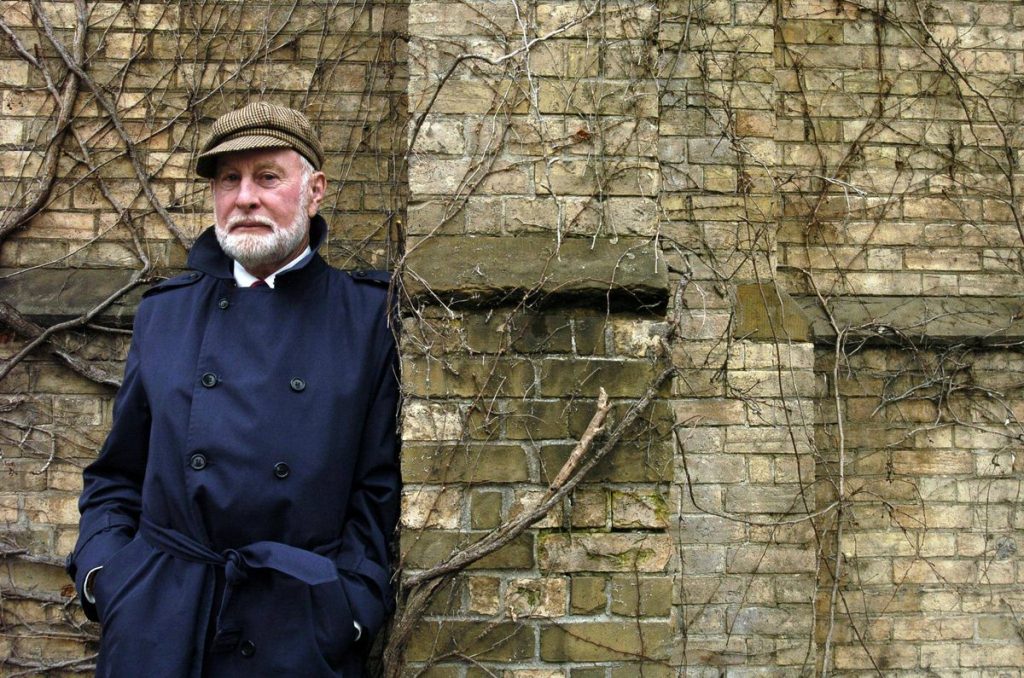
Mass readings for Passion (Palm) Sunday:
Matthew 21.1-11 Isaiah 50.4-7 Psalm 22 Philippians 2.6-11 Matthew 26.14 – 27.66
We are formed by the stories we tell each other, the myths, the legends, the histories, the poetry, these all stock our imaginations with themes, imagery, and ideas. We draw upon all of these to make sense of our world, our experience of the world, and to communicate with each other on the basis of these common narratives.
This is why we repeat today the Passion story; it’s why we repeat it many times through the course of Lent, in the Stations of the Cross for example, but also in the Triduum, the three day liturgical re-enactment of the Passion of our Lord Jesus Christ.
It’s not just an important story to tell; it’s not just that it’s the greatest story ever told; it’s that we need to relive it ourselves so as to take it within ourselves and be formed by it in all its majesty, horror, surprise and joy.
We’re doing something we see children do, or at least they used to do: when I was a boy we would base our play on the characters of television shows and movies, each taking turns in the principal roles. I remember Star Trek being one of those shows, and you’d work out who would play which part; and while we didn’t restage an actual episode but made up our own story as we went along, nonetheless there was this concern to play our parts correctly, in keeping with what we knew from the television stories we’d seen over and over and over again. In prior generations, it was radio serials, and before that the popular ballads of the day, and so on back into time immemorial – always stories of heroes and heroines, that children pretended to be in their play; and adults would recall when pondering choices, trying to discern what is the best choice, and hopefully always seeking to be virtuous in their choosing. Of course, the stories would be plumbed in their depths, and their deeper significance registered: such is the work of religion. And Christians confess the Holy Scriptures to have depths beyond our conceiving.

Stop telling the stories, and retelling them; and we lose them. Rely on others who don’t know or don’t value the story to be the ones to keep them and do the telling, and you put that chain of transmission from generation to generation at risk.
If the Church, from its earliest days, did not keep the practice of retelling the story; if it hadn’t bothered to collect the accounts of witnesses and crafted this story to then re-enact regularly, what would be remembered of it?
The non-biblical record is meager – the Jewish historian Josephus, Romans like Tacitus and Pliny mention Jesus in passing; and they attest to a man who did wonders, who had many followers, who was condemned for his disruptive activities and executed. Few or no details about the judicial process, the politics of the moment, the state of Jesus’ followers in those tumultuous three days. No, what you get is some sceptical commentary. Jesus, in their estimation, was nothing more than a deluded lay preacher who did some tricks that were passed off by his disciples as miracles.
If you were to rely on mainstream media today for information on Jesus Christ, and his followers, you would be apt to find a similar dismissal of anything not in keeping with the dogma of secularism. I remember my time as a media analyst, a professional reader of newspapers; it was drearily predictable to find one major Toronto newspaper running commentaries in the weeks before Christmas and Easter apparently aimed at undermining the faith. I remember one year a lengthy piece by the pop theologian and CBC personality, Tom Harpur, that drew selectively from current biblical scholarship to question the whole of the scriptural heritage. The kind of thing that makes of Jesus just another historical figure who had beautiful things to say about love; but whose now badly dated moral teachings, his talk of sin and repentance, should be ignored.

I believe there is evidence enough in the world that the story is being misremembered, badly interpreted; perhaps willfully so; but increasingly just forgotten.
I was reading about the troubles of major movie studios of late, Warner Bros. and Disney, and how their superhero movies are flopping. The analysis among industry watchers and movie critics has been considerable because it is a major story involving billions of dollars and thousands of jobs.
Some said the special effects weren’t as good as they used to, but also that it was getting hard to “wow” audiences. Others spoke of “fatigue” with the superhero genre. People were looking for something new. I was rather struck by the deeper analysis that said the stories were poor; that this generation of writers and producers seem to either fail to grasp what a heroic story is – what makes a person a hero or heroine; or they’ve chosen to deliberately reject it, even undermine it, going so far as to mock the idea of heroism. And if you’ve watched any of the more recent films, you’ll see an ineptness in storytelling, and an underlying cynicism toward the idea of the hero. I remember one comment on this somewhat silly genre, that there are basically two kinds of superhero story: it is either about a super being learning to be human (Superman, for example); or a human being learning to rise above himself or herself, to literally be “super” (like Iron Man)– and that requires a heroic act; and we know at the deepest part of our being what a hero is – the one who sacrifices oneself for the good of others. Its been observed that people have a constant appetite for that story; and if you know anything about literature both ancient and contemporary, those stories don’t exist without the Passion story. Without this Passion, not just heard, but relived by us regularly, that ability within our culture to retell it in any number of forms disappears. We revert to lesser stories that celebrate the self, or the tribe or the nation. The hero is simply the powerful warrior who vanquishes the enemy; she is the one who manifests power – but neither is the one who by humility or virtue wins. We don’t get that speech that reminds us that with power comes responsibility; and that in the end, it is not the super-power that wins the day, but the soul purged of self-love that loves others selflessly.
We are the tales we tell; and we are the stories we remember and repeat. So, again the faithful, and the faint of faith, are invited to recall, and relive and so remember who we are in the worship of the coming Three Days, the Triduum. By keeping them to be ourselves sanctified; in keeping them, keeping ourselves as part of the greatest story ever told.
Amen.